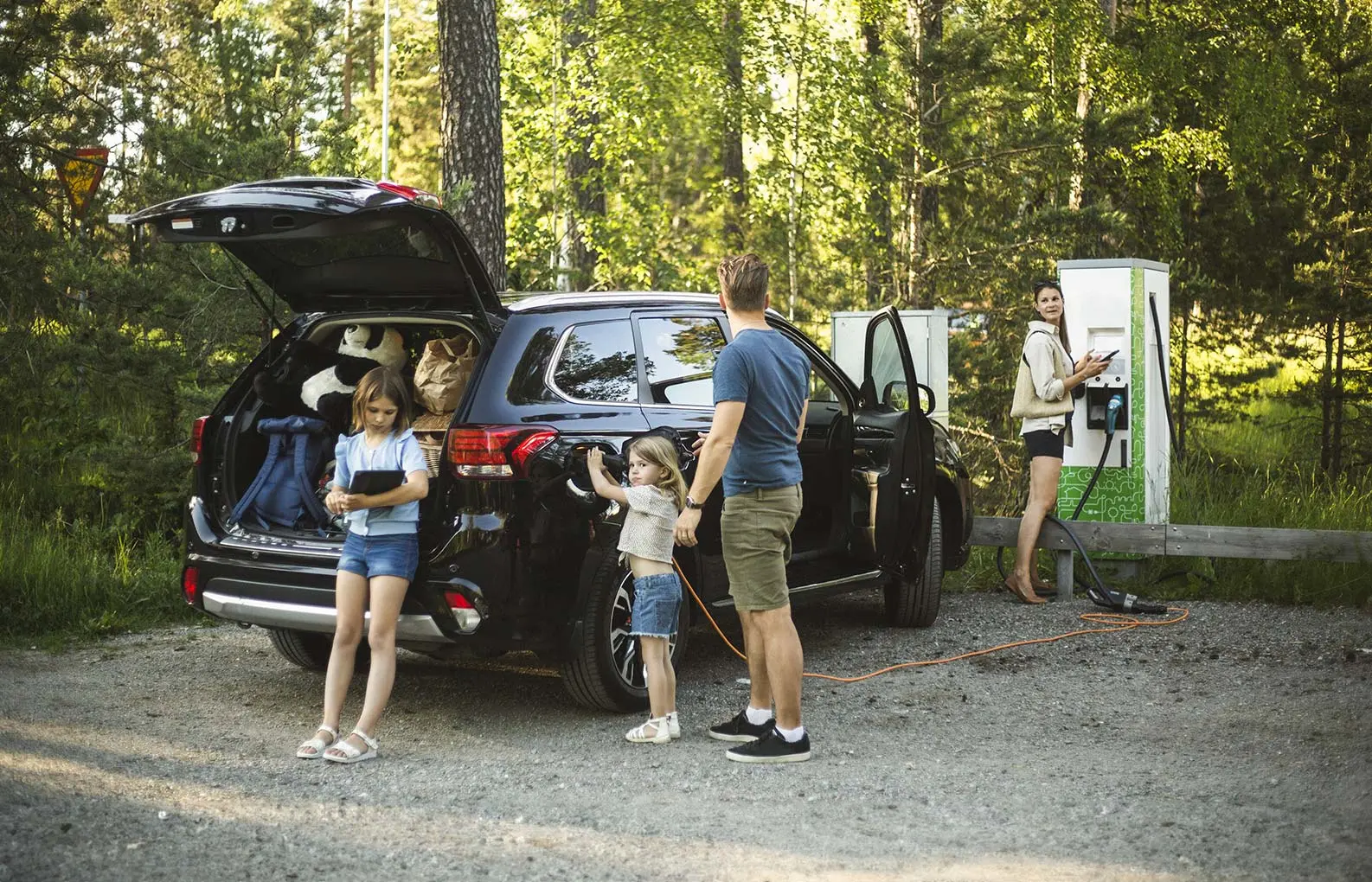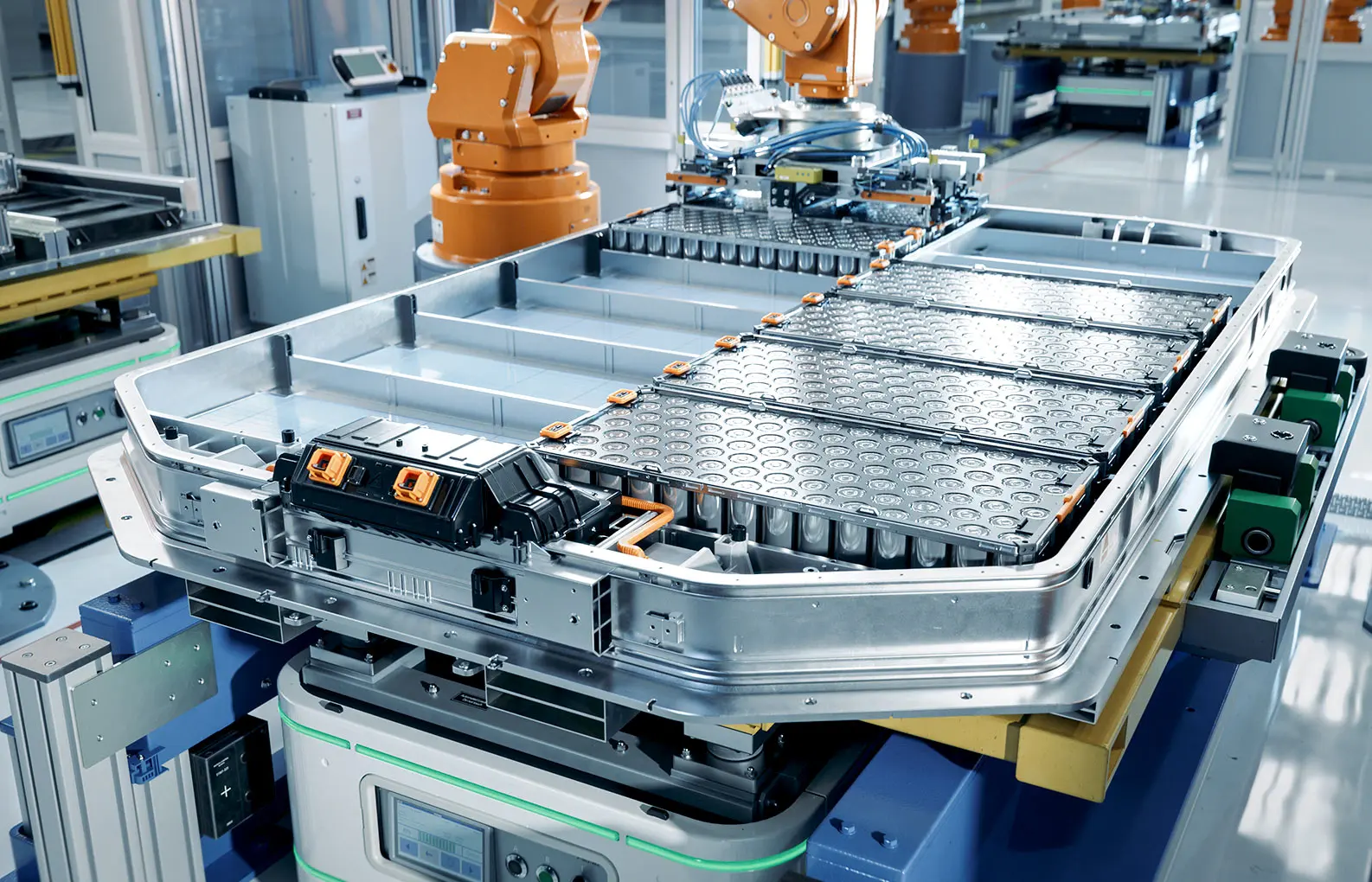All things EV
Is a used EV right for you? CarMax’s EV Hub tells you what you need to know about Electrified Vehicles, both fully-electric and hybrids.
Compare the three main types of EVs
Not all EVs work the same. Here’s how they compare.

Am I ready for an EV?
Take our quick EV quiz and find out.
Will you have access to an outlet or EV Charger where you park at home or work?
What's your daily commute? (In miles)
What's your budget?
How many people need to fit in the car (including the driver)?
What body style(s) do you prefer? Select as many as you'd like
Where are you located? (optional)
Myths about EVs
Do you know what’s true and what’s false? CarMax has your answers.
Explore each EV type
FAQs about electrified vehicles
Charging costs vary based upon time, place, state of charge, and total battery size; however, it's typically cheapest to charge at home than through third-party fast chargers.
You can estimate the cost to charge a full electric vehicle in your area with our EV charging cost calculator.
Charging an electric vehicle depends on battery capacity, charger type, charging rate, and battery state of charge, though you can typically expect these rates:
Level 1: about 3-5 miles of range per hour
Level 2: about 10-20 miles of range per hour
Level 3 (DC Fast Charger): about 60-80 miles of range for every 20 minutes
The three most common charging plugs that have been offered on BEVs and PHEVs are as follows:
CCS / J1772 – The CSS / J1772 plug has been the most common in North America and had been the market standard until 2023. It has two variations, the standard J1772 plug with 5 pins that supports Level 1 and 2 charging, or the enhanced CCS (Combined Charging System) plug that adds 2 pins (for 7 total) and supports DC fast charging.
NACS – While used only by Tesla until 2023, most automakers have announced they’ll switch future models sold in the US to use NACS (North American Charging Standard). The NACS plug is smaller than the CCS and, for some, easier to handle.
CHAdeMO – The “Chad Mo” plug is a Japanese-market standard and was used on early BEVs/PHEVs like the Nissan Leaf and Mitsubishi Outlander PHEV, though both automakers have said they'll move to other standards in North America.
The CCS, NACS, and CHAdeMO all support DC fast charging; however, when using a public fast charger you’ll need to find one that has the appropriate plug for your vehicle.
There are several benefits to an electric car but for many, they might seem like a big step. Whether you want to live a more green-conscious lifestyle or just want to stop taking frequent trips to the gas station, an electric car is an excellent choice with a variety of options whether you want a sleek luxury, a practical SUV, or a compact for daily driving.
If you're interested in an electric vehicle (EV) and want to keep researching, you're in the right place: here's what you need to know about how to buy an electric car.
Electric cars offer a longer lifespan than traditional gasoline-powered cars due to their simplicity with fewer moving parts, regenerative braking, and durable batteries, though check out our in-depth information about how used EVs hold up.
Factors like driving habits and climate still influence an electric car's lifespan. Regular maintenance and warranties contribute to prolonging the car's lifespan.
Still deciding what to do?
We hope you found this information helpful. This content is intended to inform and is not meant to indicate that a particular vehicle is currently available or recommended for you.
Statements of fuel economy or EV range are based on EPA and other third-party estimates for vehicles when new. Fuel economy and EV range will degrade with time and vary based on age, driving conditions, vehicle history, and other conditions. See fueleconomy.gov for more info.
Editorial content contained on this page comes from Edmunds.com, Inc., a subsidiary of CarMax Enterprise Service, LLC, and information related to featured vehicles comes from third-party sources, including manufacturer information. Product and company names may be trademarks or registered trademarks of third-party entities. Use of them does not imply any affiliation with or endorsement by these entities. By clicking on any video links, you will be taken to a third-party site maintained by YouTube, Inc.
We make every effort to provide accurate information, but please verify before purchasing.





